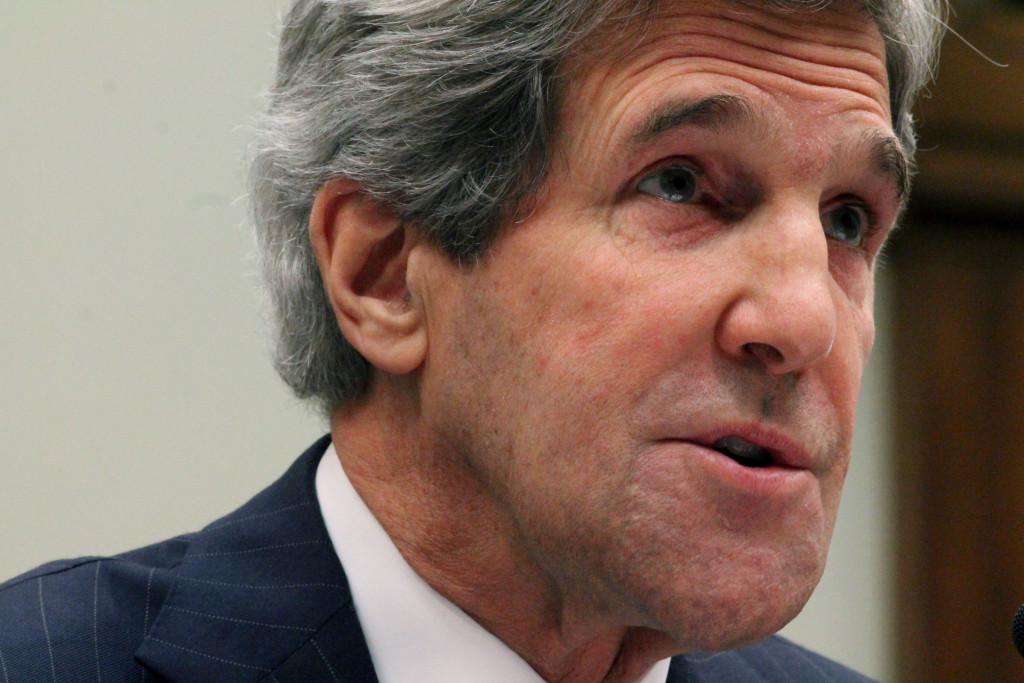WASHINGTON- Less than a year ago, brent crude oil, the international benchmark, was around $115 per barrel. Today, it’s $65.32 a barrel.
And the oil industry continues to be volatile due to unconventional oil production, geopolitical conflicts and oil sanctions on Iran, according to an April 2015 report by OPEC, the Organization of the Petroleum Exporting Countries. The major actors in East Asia- Japan, China, South Korea and ASEAN, which are all heavily dependent importers of oil from the Middle East, should temporarily ease the historic friction these nations harbor, for the sake of their economies.
“Asian policy elites are putting up this one-way firewall to politicians separating economic calculations on the one hand and national security strategy on the other,” said Van Jackson, a visiting fellow at Center for a New American Security.
For example, the relationship between Japan and South Korea has been tumultuous. In World War II, the Japanese government colonized the Korean peninsula and exploited South Korean women as comfort women, which the Japanese government currently minimizes, according to the Council of Foreign Relations records. The tense relationship continues today.
Despite the lack of trust, intensifying competition and historical rivalries, their paradoxical warm economic relationship and frigid geopolitical tensions allows for burgeoning trade relations. The multidimensional issues relating to energy include both economic and security, and are extremely complex and multi-faced.
Experts convened at the Atlantic Council last month to discuss new strategies to establish a stable oil infrastructure, despite uncertain global energy markets and unstable relationships.
Edward Chow, a senior fellow at the Center for Strategic and International Studies, said East Asian countries avoid collaborating with neighboring states that also need oil, and instead pivot toward the Middle East to buttress their economies.
However, their dependence on imported oil became a concern when the oil market in the Middle East quivered from civil unrest.
Without their market, Asian countries would struggle in producing enough energy.
In order to address oil volatility, Jackson argued that these nations shouldn’t solely depend on the Middle Eastern oil market. Instead, they should yield historic tensions as bygones for the sake of economic prosperity.
Last year, China passed the United States as the largest net oil importer in the world, heavily importing from the Middle East, according to the U.S. Energy Information Administration. Japan is the third largest net importer of oil globally, behind the United States and China, and has limited domestic energy after its Fukushima plant incident.
“Japan and Korea have both made explicit their intention to diversify away from Middle East imports in favor of U.S. imports to the extent that they can,” Jackson said. “So the U.S. is the supplier of choice for both Japan and Korea, and they’ve put their money where their mouth is to some extent.”
However, Asia’s demand for oil is so high that optimistic projections of U.S. export capacity may not be capable of eliminating their dependence on Middle East oil, he said.
Experts agreed that there needed to be an interconnected regional energy infrastructure among Asian countries.
The reason this hasn’t occurred is because geopolitics and historical tensions trump market incentives and collective interests.
“My concern is that whatever optimism there is on the horizon,” arising in Japan and Korea energy security, “that optimism is taking place within a context of Asian nationalism, pervasive mistrust, and strategic and military competition,” Jackson said.
As oil prices have marginally rebounded this year, both countries’ energy strategy plans encourage their respective companies to increase energy exploration and development projects around the world, according to the EIA.
“Japan and Korea are more of a litmus test for what is possible for the entire region,” Jackson said. “If Japan and Korea can’t cooperate for a common energy problem that they have, I don’t know what hope there is for the region.”







